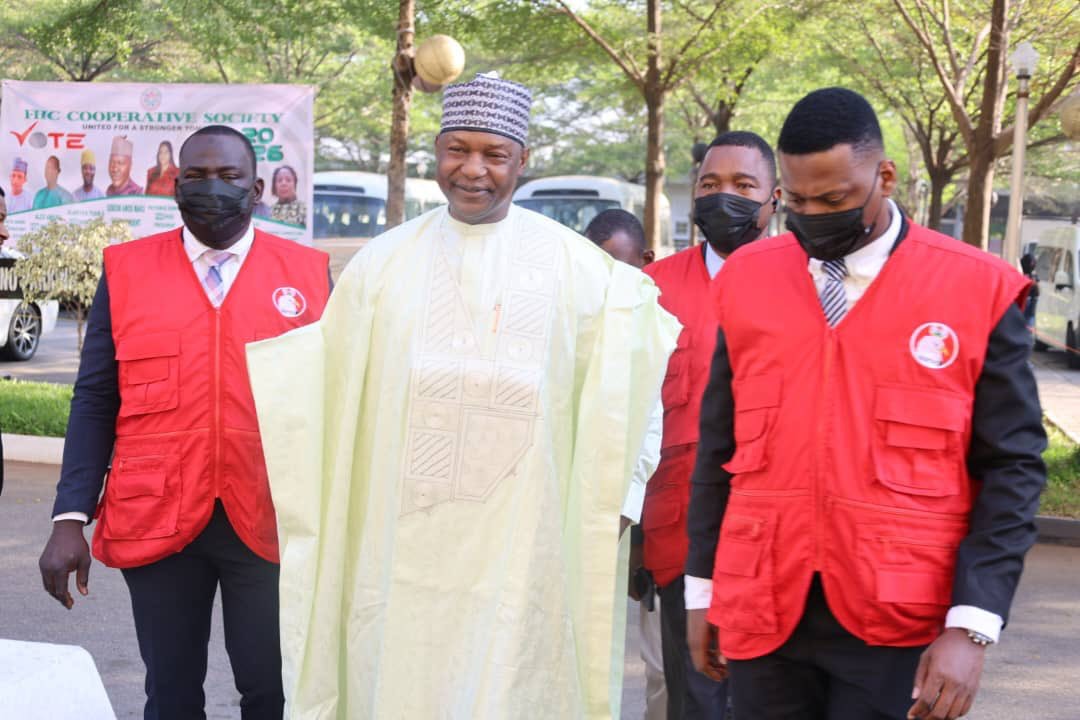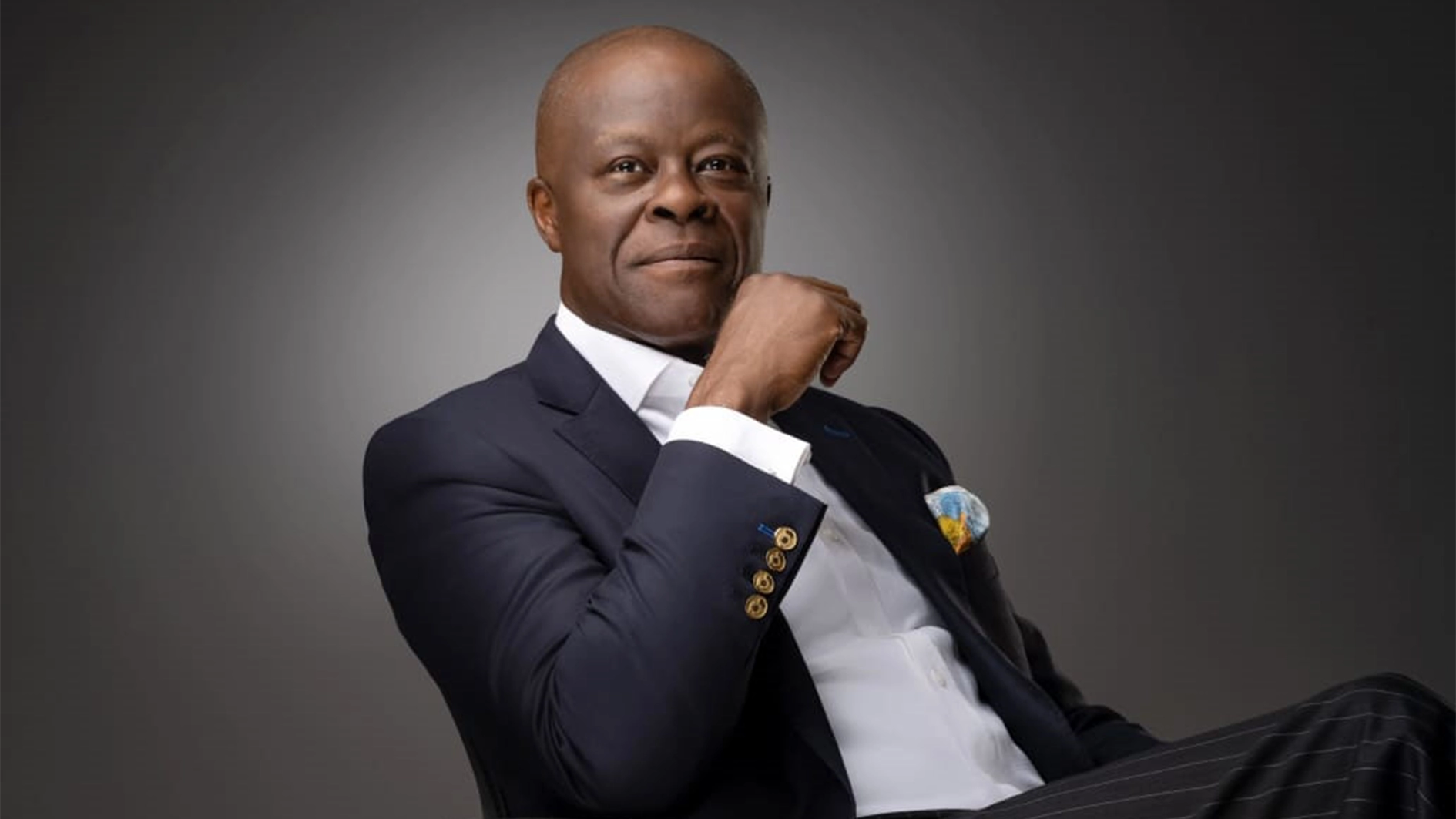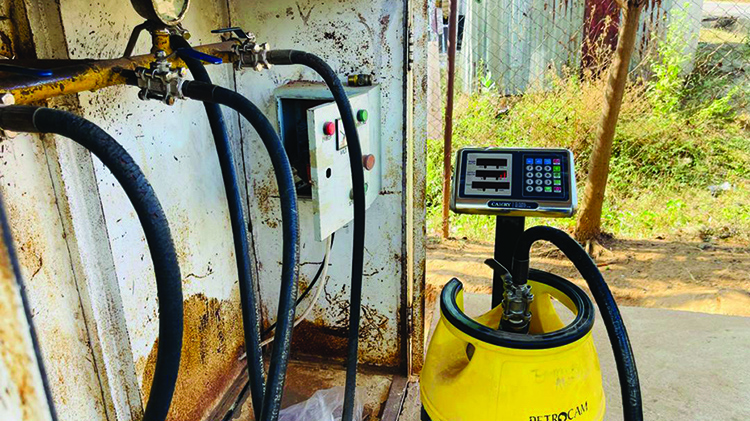The United Arab Emirates, a global crossroads of talent and capital, is home to a diverse range of diasporas that contribute to its economic vitality and international outlook. This foreign presence, now a defining feature of the Emirati model, also enhances the country’s economic and diplomatic influence.
Among these communities, the African diaspora occupies a distinctive place, contributing to the development of both its host country and its nations of origin.
Abu Dhabi and Dubai owe much of their rise as global metropolises to their diasporic communities. In a country where more than 88 per cent of the population is foreign-born, these communities play a far greater role than that of mere workers. They drive economic growth, innovation and international openness, founding companies, investing in strategic sectors, and enriching global supply chains.
For the UAE, the diaspora represents a strategic asset. It underpins the country’s economic diversification agenda, central to Vision 2030, by bringing expertise in technology, finance, healthcare and education. Through initiatives such as the Abu Dhabi Investment Office (ADIO), the government body responsible for attracting and supporting foreign investors, the authorities encourage the settlement of skilled talent and entrepreneurs, including from Africa.
Through tax incentives, free zones and fintech development programmes, ADIO facilitates business creation and the circulation of capital between Abu Dhabi and the continent.
Beyond the economic dimension, diasporas strengthen the UAE’s soft power. They act as cultural and commercial bridges, helping to reinforce the country’s image as a secure, attractive regional hub while deepening ties with the countries of origin of these communities.
Africa: a strategic partner and source of talent
The Nigerian diaspora, estimated at nearly 100,000 people in the UAE, plays an active role in technology events such as Gitex, where Nigerian start-ups collaborate with Emirati innovation hubs to access digital opportunities. Senegalese professionals benefit from Emirati investments in infrastructure, including DP World’s container terminal in Dakar, and from bilateral trade missions aimed at developing industrial and logistics zones. The Ugandan community, estimated at around 150,000 people, organises around initiatives such as the Annual Uganda Convention UAE, designed to identify export opportunities and support small and medium-sized enterprises through government-backed financing, despite recent restrictions on long-term visas.
The influence of these diasporas is also reflected in the growing presence of African financial institutions seeking to serve their nationals in the Emirates. In July 2025, Equity Group secured shareholder approval to open a representative office in Dubai to provide Ugandans and other East African expatriates with tailored financial services, from remittances to investment opportunities.
This move, following similar steps by other African banks such as UBA, highlights the continent’s determination to strengthen links with its diaspora and to facilitate capital flows between the Middle East and Africa.
A Driver of Continental Growth
African diasporas are also a key driver of development for their home countries. Across the Emirates, African governments are paying increasing attention to their expatriate communities.
In September 2025, Senegal’s Prime Minister Ousmane Sonko met with members of the Senegalese community, accompanied by several ministers and senior officials, to outline state measures designed to address diaspora concerns and to reinforce economic and cultural ties with the continent. Next month, the Chadian government is expected to do the same during a Trade and Investment Forum jointly organised with the UAE.
Remittances remain one of the most tangible forms of this contribution. Uganda’s economy, for instance, is heavily dependent on its diaspora, with remittances reaching $1.49 billion in 2024.
These funds provide a vital source of income for millions of households and play a direct role in financing the national economy. Recent restrictions on long-term visas imposed by the UAE have raised concern in Kampala, where authorities fear a potential slowdown in these transfers.
Beyond remittances, diasporas invest back home in real estate, start-ups, agriculture and education, and are increasingly exploring financial instruments such as diaspora bonds, which channel expatriate savings into national development projects. Several African countries, including Nigeria, Ethiopia and Kenya, have launched pilot initiatives to mobilise the savings of their citizens abroad, while the UAE, with its secure financial environment, offers a favourable platform for such investments.
With more than $100 billion in remittances in 2024, African diasporas have become a backbone of the continent’s development. Supported by the Gulf’s economic stability, these flows confirm that Africa’s future is also being shaped beyond its borders.
Far from being limited to low-skilled labour, the African presence in the Emirates reflects a thriving economic and intellectual ecosystem, driven by entrepreneurs and professionals who are contributing to the prosperity of both the UAE and their home countries.






